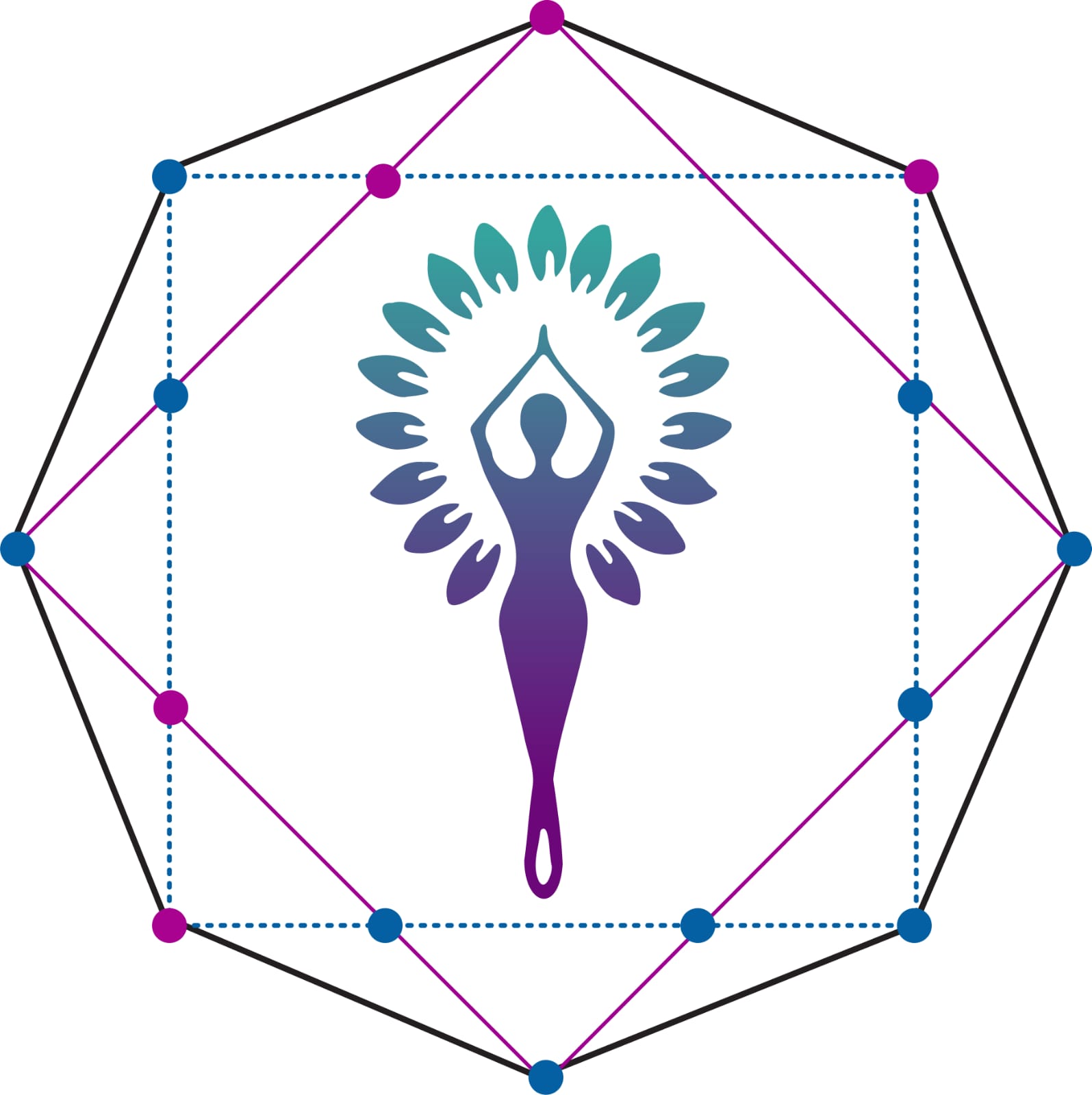Planners

Category
Mindful Journey Planner
Daily planners, also known as daily
agendas or organizers, offer a wide range of benefits and uses for individuals
looking to stay organized, manage their time effectively, and increase
productivity. Here are some of the key advantages and applications of using a
daily planner:
1.
Time Management: Daily
planners help individuals allocate their time effectively by scheduling tasks,
appointments, and activities. They provide a visual representation of how the
day is planned, making it easier to manage and prioritize tasks.
2.
Goal Setting: Planners allow
individuals to set daily, weekly, monthly, or long-term goals. By breaking down
larger objectives into manageable tasks, users can track their progress and
work toward achieving their goals.
3.
Prioritization: Daily
planners enable users to prioritize tasks based on importance and deadlines.
This helps individuals focus on high-priority items and avoid getting
overwhelmed by less critical activities.
4.
Task Tracking: Planners provide a
clear overview of tasks, allowing users to record completed tasks and check off
items as they are finished. This visual progress tracking can be motivating and
rewarding.
5.
Increased Productivity: Organizing
the day's activities in a structured manner can boost productivity. Daily
planners help individuals avoid time-wasting activities and reduce
procrastination.
6.
Time Blocking: Time blocking is a
technique where specific time slots are allocated to tasks and activities.
Daily planners are effective tools for implementing time blocking, ensuring
dedicated time for various responsibilities.
7.
Reduced Stress: By having
a clear plan, individuals can reduce the stress and anxiety associated with
uncertainty and disorganization. A daily planner provides a sense of control
over daily activities.
8.
Improved Focus: Planners
encourage users to concentrate on one task at a time, leading to better focus
and increased efficiency.
9.
Personal and Professional Balance: Daily
planners help individuals strike a balance between personal and professional
commitments. By scheduling time for both work and leisure, they can maintain a
healthy lifestyle.
10. Memory Aid: Writing
down tasks and appointments in a planner acts as a memory aid, ensuring that
important events and commitments are not forgotten.
11. Time for Self-Care: Planners
can include space for self-care activities, such as exercise, meditation, or
relaxation. This encourages individuals to prioritize their well-being.
12. Financial Tracking: Some daily
planners have sections for financial tracking, allowing users to record
expenses, budget, and monitor their financial goals.
13. Project Management: For
individuals working on projects, planners can serve as project management
tools, helping them track milestones, deadlines, and progress.
14. Reflect and Review: Daily
planners often have spaces for reflections and reviews, where users can assess
their performance, learn from their experiences, and make adjustments to their
routines.
15. Long-Term Planning: In
addition to daily planning, some planners include sections for weekly and
monthly goals, providing a holistic view of upcoming activities and objectives.
16. Customization: Daily
planners can be customized to suit individual needs and preferences. Users can
choose layouts, formats, and features that align with their unique
requirements.
There are no products to list in this category.

-150x150w.jpeg)
%20(4)-150x150.jpg)



-150x150.jpg)





-50x50h.jpeg)
